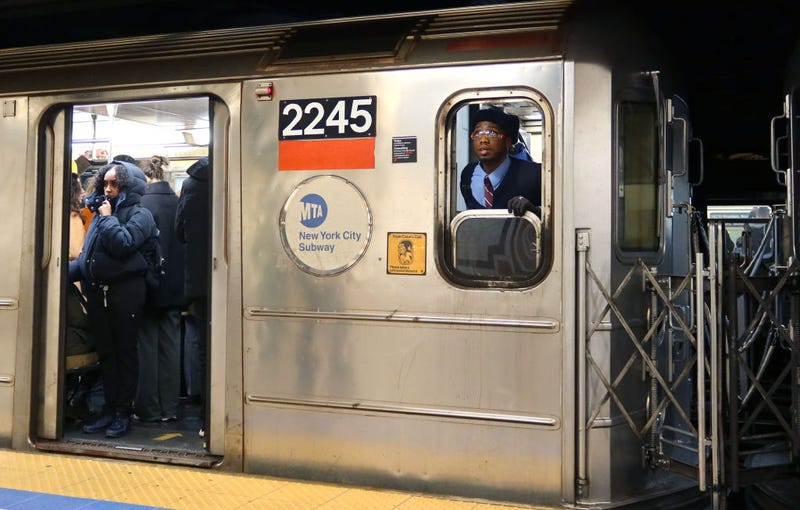
NEW YORK (BLOOMBERG) — New York City’s public transportation system will need an estimated $43 billion for capital repairs during the next five years, according to a new analysis by the state’s comptroller.
Thomas DiNapoli’s projection comes as the Metropolitan Transportation Authority, which operates the city’s subways, buses and commuter rail lines, is putting together its multi-year capital budget for 2025 through 2029 that is set to be released in September. The MTA’s current $51.5 billion capital budget — its largest ever — directs 80%, or about $41 billion, to state-of-good-repair work.
“The list of repairs and upgrades needed in our regional transit systems can seem endless, but funds are limited,” DiNapoli said in a statement. “As the MTA prepares its next capital plan and sets priorities for work, it should remain focused on riders’ experience by improving safety, reliability and frequency of service.”
Funds will be needed to modernize train signals, replace aging subway cars and renovate Grand Central Terminal’s 110-year-old train shed. DiNapoli’s report released on Thursday analyzes the MTA’s 20-year needs assessment, which the transit agency released in October. That plan details the infrastructure work needed to update the system and make it more resilient to extreme weather.
New York City’s subway system is more than 100 years old, with most of its signals in need of upgrades to reduce train delays. It has more than 6,500 subway cars, 39% of which are more than 30 years old, according to DiNapoli’s report.
The transit system’s shops and yards are in some of the worst conditions among MTA’s assets, the report added. The MTA in 2013 estimated it would need to spend an inflation-adjusted $1.6 billion through 2024 on its shops and yards. Since then, only $315 million of work has been completed on those assets, with another $187 million committed, DiNapoli said.
The MTA’s next capital budget may exceed the current plan because of inflation, Janno Lieber, the agency’s chief executive officer, has said.
Its current capital budget relies on revenue from a new toll on motorists driving into Manhattan’s central business district, called congestion pricing — the first of its kind in the US. The transit agency will borrow against those receipts to raise $15 billion. Drivers could start paying the new toll as soon as June, although ongoing lawsuits may delay the plan. The MTA warned that any significant delays could put upgrades to the transit system at risk.
